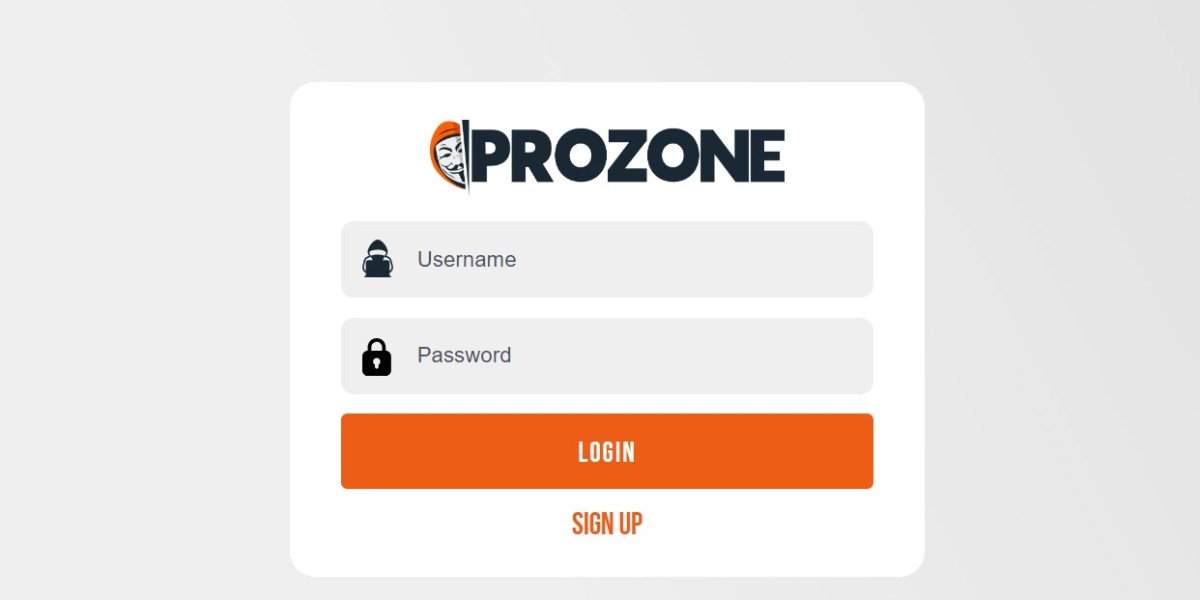1. Stay Updated
Renewal: Lifeguard certificate typically expire after a certain period. Stay updated with the renewal process to ensure your certification remains valid.
Training: Regularly attend refresher courses and additional training sessions to enhance your skills and stay updated on the latest lifeguarding techniques and protocols.
A lifeguard certificate is a valuable credential that demonstrates proficiency in water safety, rescue techniques, and emergency response skills, essential for safeguarding lives in aquatic environments.
2. Seek Employment Opportunities
Local Pools and Beaches:Apply to local pools, beaches, and water parks for lifeguard positions.
Fitness Centers: Many fitness centers with pools require certified lifeguards for their aquatic programs.
Community Centers: Explore opportunities at community pools and recreational centers.
3. Network
Join Lifeguard Associations: Connect with other lifeguards and professionals in the industry by joining lifeguard associations or organizations.
Attend Workshops and Conferences: Attend workshops, conferences, and seminars related to lifeguarding to network with professionals and learn from experts in the field.
4. Build on Your Skills
Learn First Aid and CPR: Enhance your life-saving skills by learning advanced first aid techniques and CPR. Many employers require lifeguards to be certified in these areas.
Specialize: Consider specializing in areas such as waterfront lifeguarding, pool operations, or swim instruction to expand your employment opportunities.
5. Maintain Physical Fitness
Stay Active: Lifeguarding requires a high level of physical fitness. Maintain a regular exercise routine to stay in shape and ready to respond to emergencies effectively.
Practice Swimming Skills: Regularly practice and improve your swimming skills to ensure you can perform rescues and other tasks efficiently.
6. Develop Soft Skills
Communication: Develop strong communication skills to effectively interact with the public, coworkers, and other emergency personnel.
Leadership: Lifeguards often need to take charge in emergency situations. Develop leadership skills to confidently and effectively manage emergencies and ensure the safety of patrons.
7. Stay Committed to Safety
Vigilance: Always remain vigilant and attentive while on duty to quickly identify and respond to potential hazards and emergencies.
Continued Learning: Stay committed to ongoing learning and improvement to provide the highest level of safety and service to patrons.
8. Consider Career Advancement
Senior Positions: As you gain experience, consider advancing to senior lifeguard positions or management roles within aquatic facilities.
Teaching and Training: Explore opportunities to become a lifeguard instructor or trainer to help educate and certify new lifeguards.
9. Volunteer and Gain Experience
Community Service: Volunteer for community events, swim competitions, or safety demonstrations to gain valuable experience and contribute to your community.
Internships: Seek internships or volunteer opportunities at aquatic facilities to gain practical experience and enhance your resume.
10. Maintain a Professional Image
Appearance: Maintain a professional appearance by wearing the required lifeguard uniform and following grooming standards.
Attitude: Maintain a positive and professional attitude at all times to create a welcoming and safe environment for patrons.



